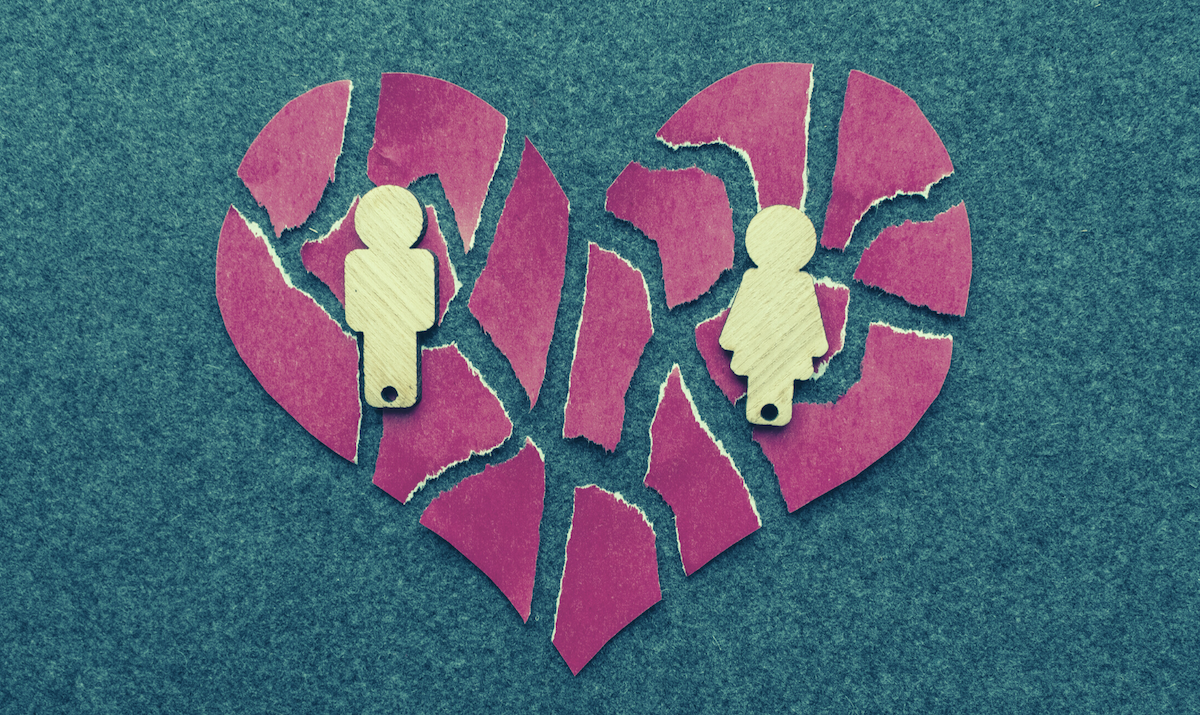Do you know your attachment style? We all have one, and most of us fall into one of three categories. Are you anxious, avoidant, secure? Learn how attachment styles impact the way you love. Knowing your own attachment style can explain a lot when it comes to how you are in a relationship. It’s also important to know your partner’s attachment style so that you know what they need to feel loved in the relationship. An attachment style is different from a love language. Let’s explore each style more.
Anxious Attachment
Those with an anxious attachment style have trouble feeling secure in a relationship. As children, they likely clung to their parents and had a difficult time with change. Some signs of anxious attachment include:
- Low self-esteem
- Putting others needs before their own (aka a “people-pleaser”)
- Trouble staying single
- Constantly seeking validation or approval from others
- Needy in their romantic relationships
- Afraid of rejection
- Difficulty handling criticism
- Jealous or insecure
- Always thinking the worst or overanalyzing their partners every move
- Brushing off relationship issues because they don’t want to deal with them
Those with an anxious attachment style do best when they are in a relationship with a supportive and patient partner. They require frequent verbal reassurance that their partner loves them. Anxious individuals also thrive with a partner who is encouraging and steady. They need someone who sticks to their word.
If you have an anxious attachment style, there are some things you can do to foster healthy relationships in your life:
- Deal with any abandonment issues from childhood in therapy
- Practice self-compassion and patience with yourself
- Learn how to express your needs to your partner
- Be aware of when you’re attachment style is negatively affecting your relationship, and own up to it
Avoidant Attachment
Those with an avoidant attachment style may avoid relationships altogether. In the relationships they do have, they tend to keep the other person at arm’s length. They were likely very independent as a child and may have grown up with a parent or caretaker who didn’t show a lot of attention to them. Some signs of avoidant attachment include:
- Doesn’t think being in a relationship is important
- Very self-reliant
- Dismissive of their partners’ feelings
- Never lets anyone get too close out of fear of rejection
- High self-esteem
- Finds it hard to be vulnerable and share their feelings
- Focuses on the flaws instead of the positives in others
- Constantly looking for reasons to end the relationship
- Prefers to be alone
Those with an avoidant attachment style need a partner who gently supports them and isn’t pushy. They thrive when their partner doesn’t take their dismissiveness personally and who understands how much they struggle with letting someone in. They also need reassurance that they are loved for who they are and not for what they do for their partner.
If you have an avoidant attachment style, you can follow these tips to encourage healthy relationships in your life:
- Pay attention to your feelings and acknowledge them
- Add more connections in your life, but in small increments
- Deal with your childhood pain in therapy
- Try being more vulnerable with those closest to you
- Learn to say “I’m sorry” when you hurt someone by dismissing their feelings
- Practice self-compassion
- Focus more on compromising
Secure Attachment
Someone with a secure attachment trusts easily and isn’t devastated when someone lets them down. They have a strong sense of self-worth and are more likely to have healthy, long-lasting relationships. Some other signs of secure attachment include:
- Very conscious of their emotions, and those of others
- Good communication skills
- Flexible in relationships
- Easy-going and not quick to anger
- Has a positive view of their partner
- Comfortable alone or in a relationship
- Exhibits a good balance between being independent and being emotionally available for their partner
Those with a secure attachment style do well in a variety of relationships.
They are the type you can depend on, and they easily build healthy connections with others. While they strive to be in a relationship with a securely attached partner, they also do well with those who are anxious or avoidant because they are excellent communicators and attuned to their partner’s needs.
If you have a secure attachment style, continue fostering that by taking care of your mental health. Even the most secure person can have moments of uncertainty, so surround yourself with those who encourage the many positive aspects of your personality. Even though you are very easy-going, it’s important to make sure your needs are still being met in the relationship to ensure lifelong happiness.
No matter what type of attachment style you have, you can have healthy relationships. While a secure attachment style seems like the ideal, those with anxious or avoidant attachment styles are equally capable- and worthy of- finding and keeping love.





